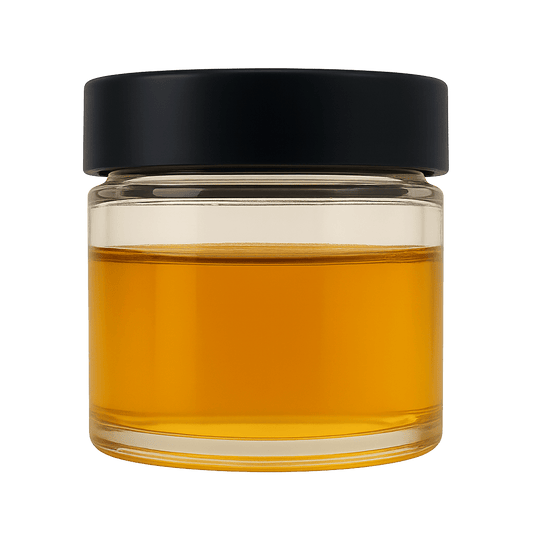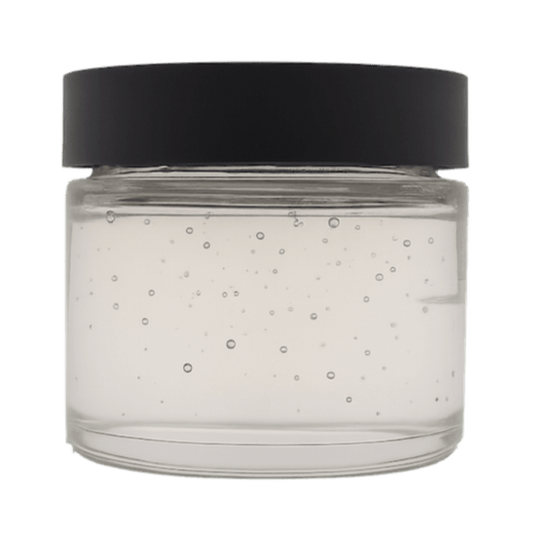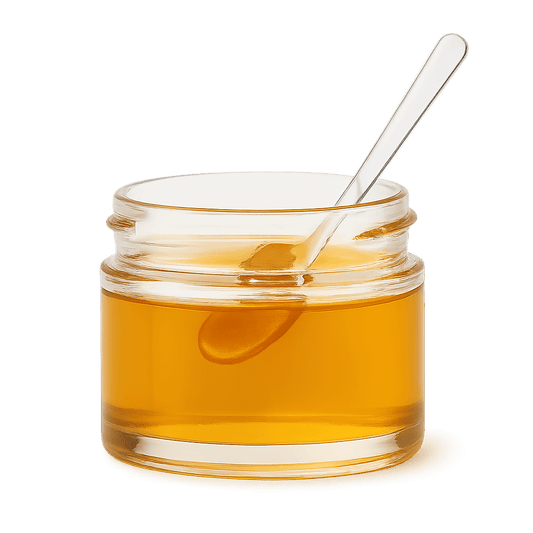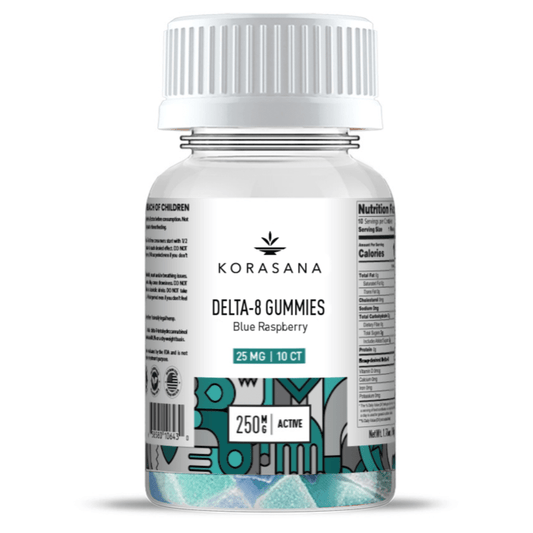Is Delta 8 THC Legal in Tennessee?
YES - Delta 8 THC is Legal in Tennessee
Delta 8 THC is legal in Tennessee. The state's laws align closely with federal regulations, allowing the sale and use of Delta 8 products as long as they are derived from hemp and contain less than 0.3% Delta 9 THC. This legal status means that individuals in Tennessee can legally purchase and use Delta 8 edibles, oils, vapes, and distillates without violating state cannabis laws. It's recommended to buy these products online to explore a variety of options and confirm product quality.
Legal Status of Delta 8 in Tennessee
In Tennessee, the legality of Delta 8 THC is governed by state law, which mirrors federal legislation, particularly the 2018 Farm Bill. The 2018 Farm Bill federally legalized hemp and hemp-derived compounds, provided they contain less than 0.3% Delta 9 on a dry weight basis. Tennessee has adopted similar guidelines, allowing for the production, distribution, and use of hemp-derived products, including Delta 8, under these same constraints.
Here are the key points regarding the legal framework for Delta 8 THC in Tennessee:
-
2018 Farm Bill: This U.S. federal law legalized hemp by removing it from the Controlled Substances Act and defined hemp as any part of the cannabis plant with a Delta 9 THC concentration of not more than 0.3% on a dry weight basis. This definition encompasses Delta 8 THC, provided it is derived from hemp meeting the THC threshold.
-
Tennessee Public Chapter No. 657: Enacted in 2019, this state law aligns with the federal 2018 Farm Bill, legalizing hemp and hemp-derived products in Tennessee. It defines hemp in a manner consistent with federal law and regulates its production and sale within the state, thereby legalizing Delta 8 THC products derived from legally produced hemp.
-
Tennessee Department of Agriculture (TDA) Regulations: The TDA oversees hemp cultivation and processing in the state, ensuring compliance with both state and federal laws. These regulations include licensing requirements for hemp growers and processors, as well as testing protocols to verify that the THC content does not exceed the legal limit.
SENATE BILL NO.357
43-27-101.
(3) “Hemp” means the plant cannabis sativa L. and any part of that plant, including the seeds thereof and all derivatives, extracts, cannabinoids, isomers, acids, salts, and salts of isomers, whether growing or not, with a delta-9 tetrahydrocannabinol (THC) concentration of not more than three-tenths of one percent (0.3%) on a dry weight basis; and
(4) “THC” means delta-9 tetrahydrocannabinol.
SECTION 1.
Tennessee Code Annotated, Section 39-17-402(16)(C), is amended by deleting the subdivision and substituting the following:
(C) “Marijuana” also does not include hemp, as defined in § 43-27-101;
SECTION 3.
Tennessee Code Annotated, Section 39-17-415, is amended by deleting subsection (c) and substituting the following:
(c) This section does not categorize hemp, as defined in $ 43-27-101, as a controlled substance.
SECTION 12.
Tennessee Code Annotated, Title 43, is amended by adding the following as a new chapter:
The legal status of Delta 8 THC in Tennessee emphasizes the importance of sourcing products from reputable vendors who comply with state and federal regulations, ensuring that their products are derived from legal hemp and contain THC levels within the legal limit. Consumers should look for products that provide third-party lab test results to confirm their compliance and safety.
In summary, while Delta 8 is legal in Tennessee, it is subject to strict regulations that align with federal law regarding hemp-derived products. These laws and guidelines ensure that Delta-8 products are safe, legal, and compliant with THC content restrictions.
The information provided on this website does not, and is not intended to, constitute legal advice or any statements regarding the status of any laws. The information, content, and materials present on this site are for general informational purposes only and should not be relied upon for any specific purpose. Laws vary across different states and are subject to change. Therefore, information on this website might not reflect the most recent legal or other developments. Read our full legal disclaimer HERE.






